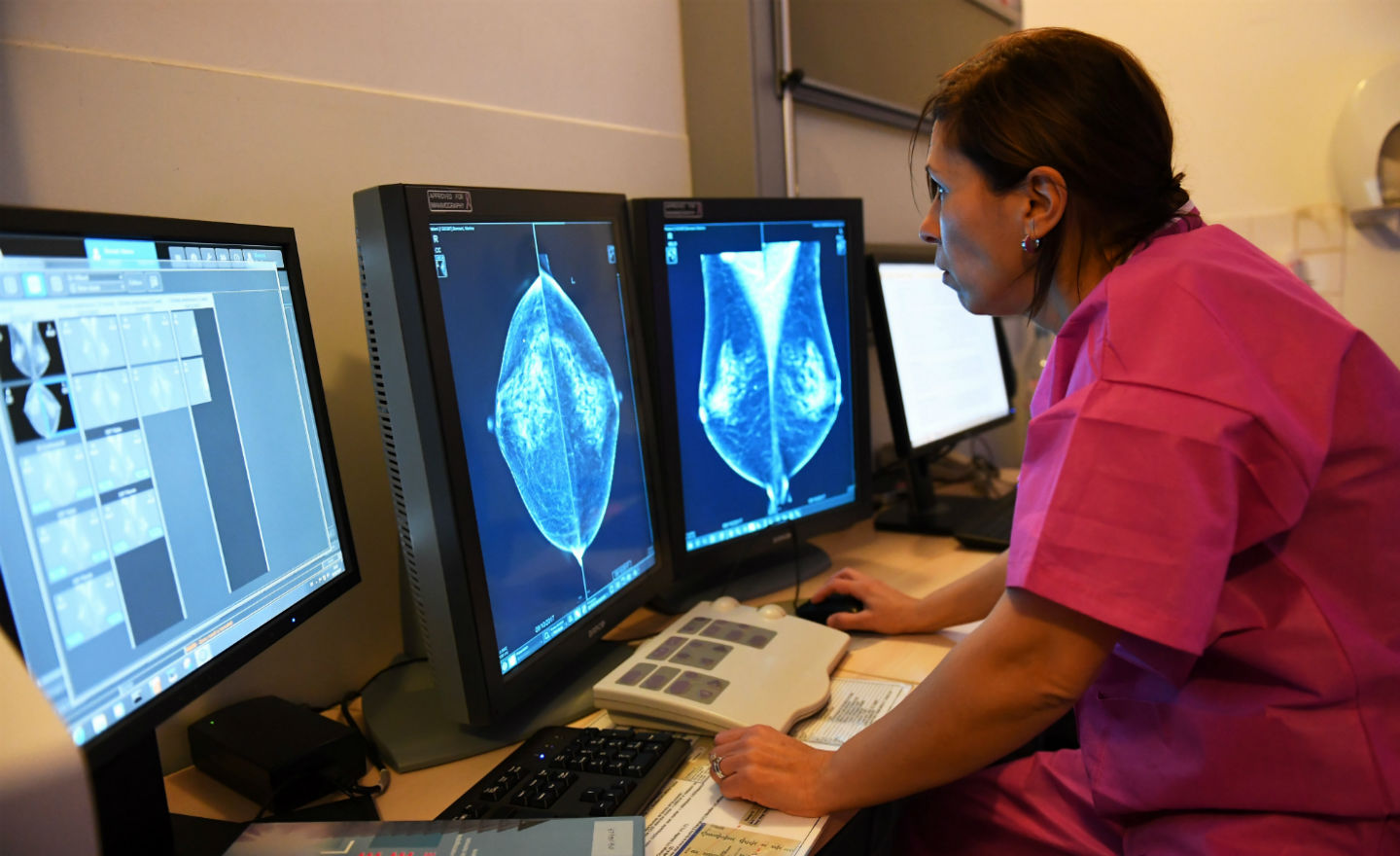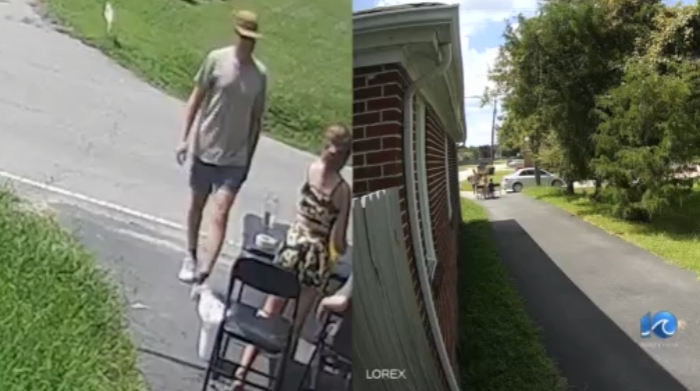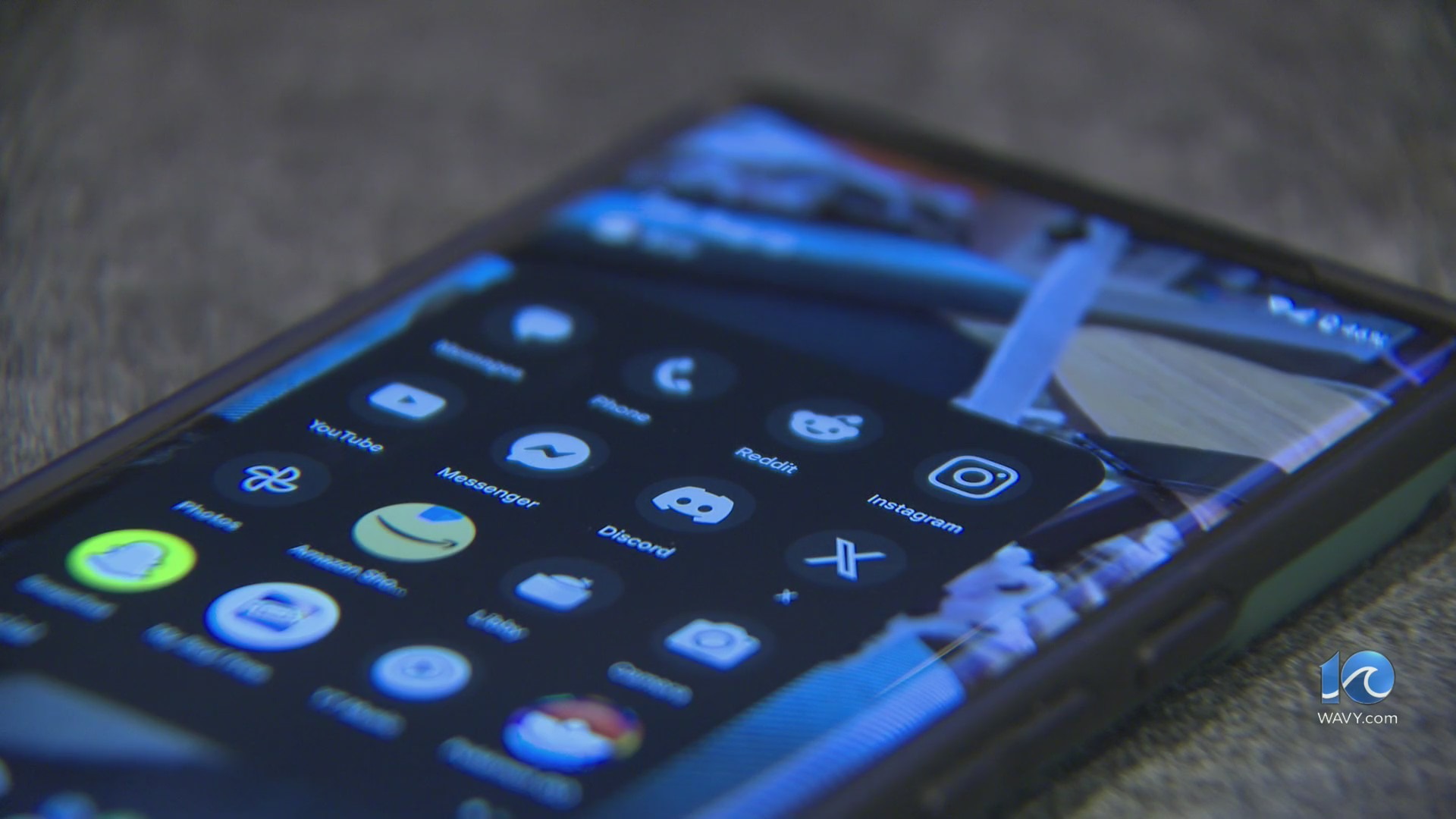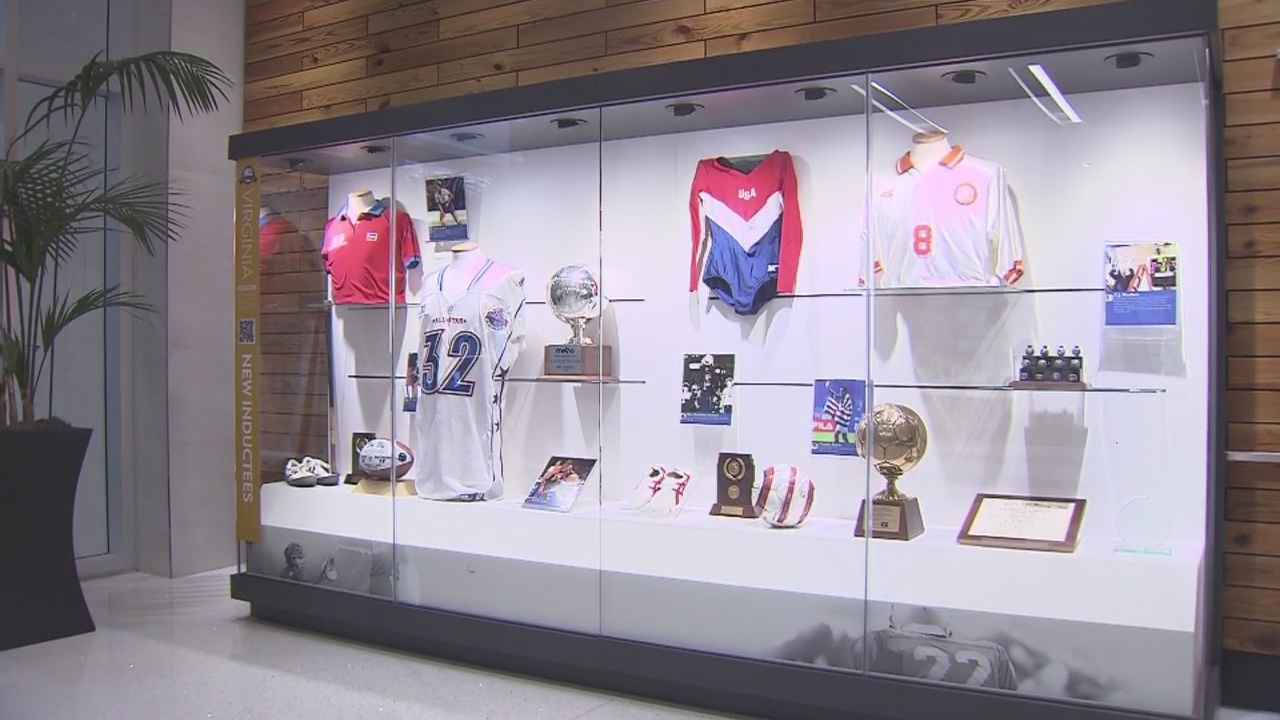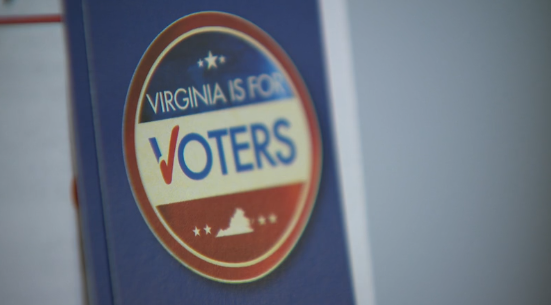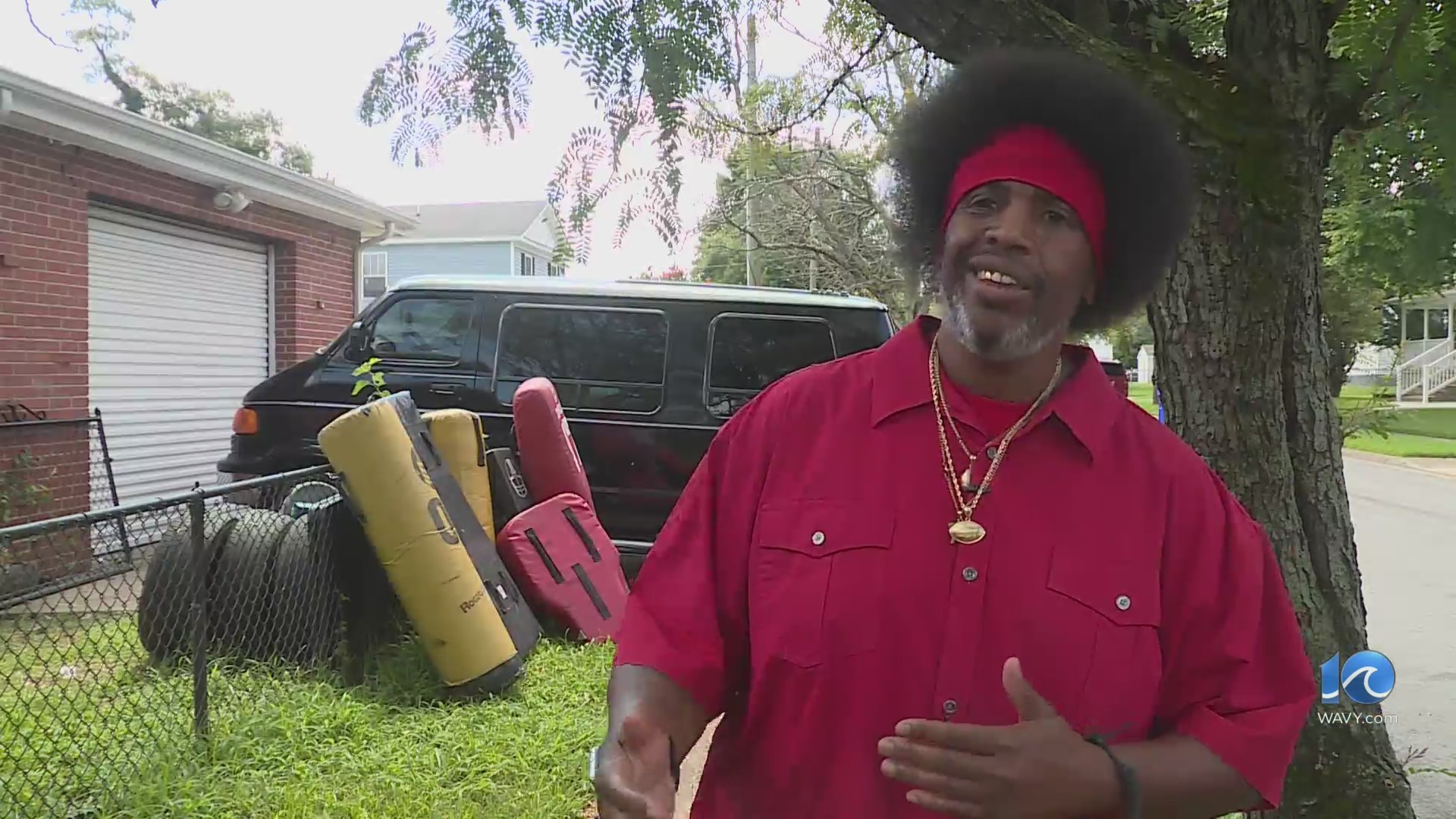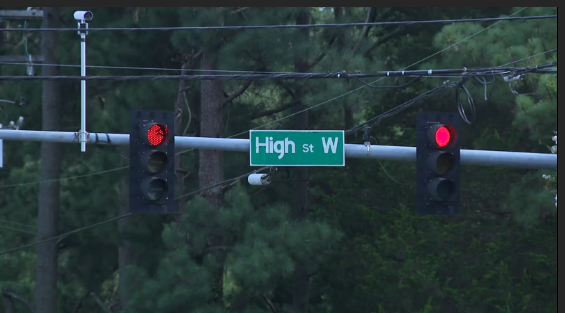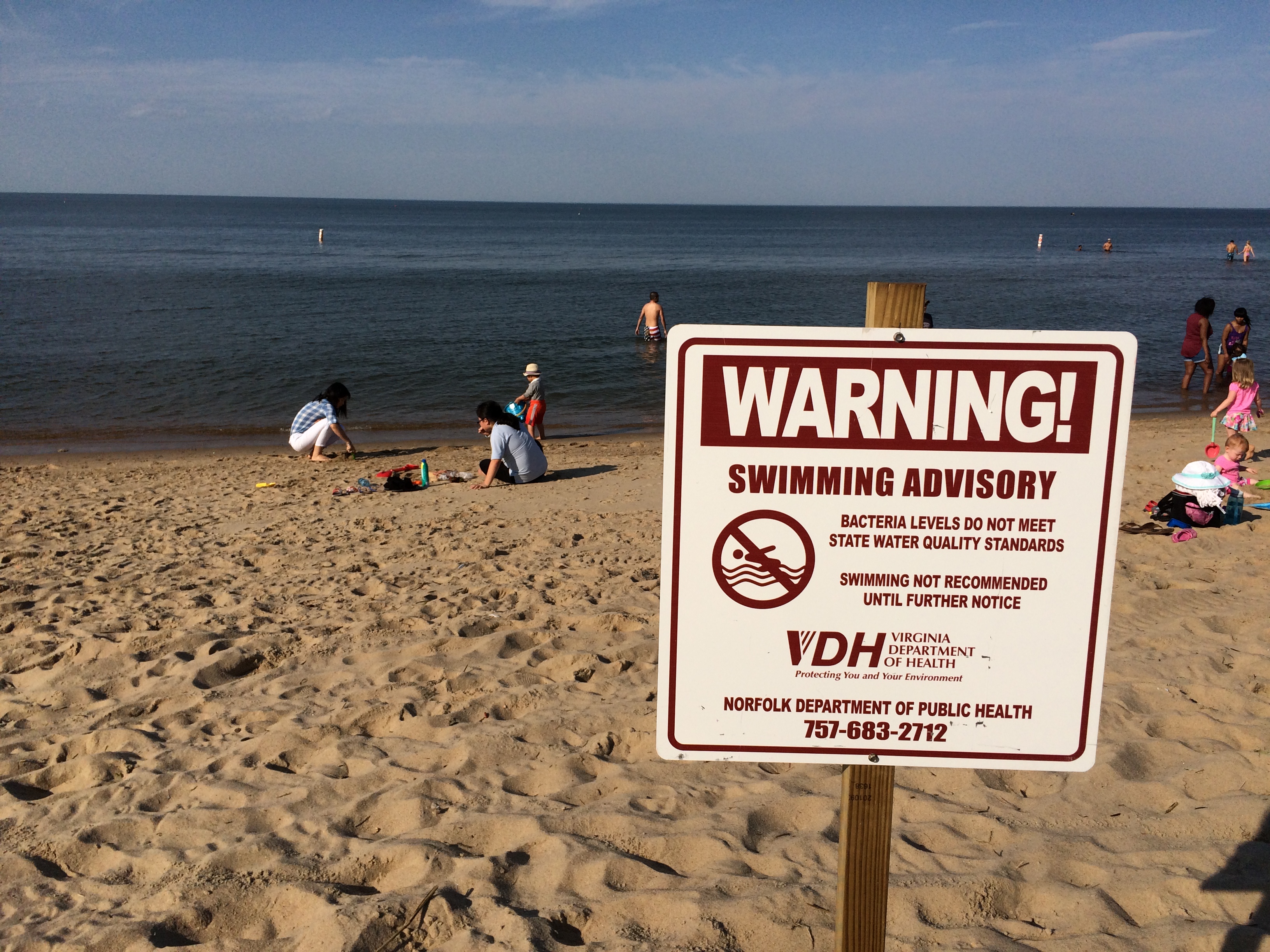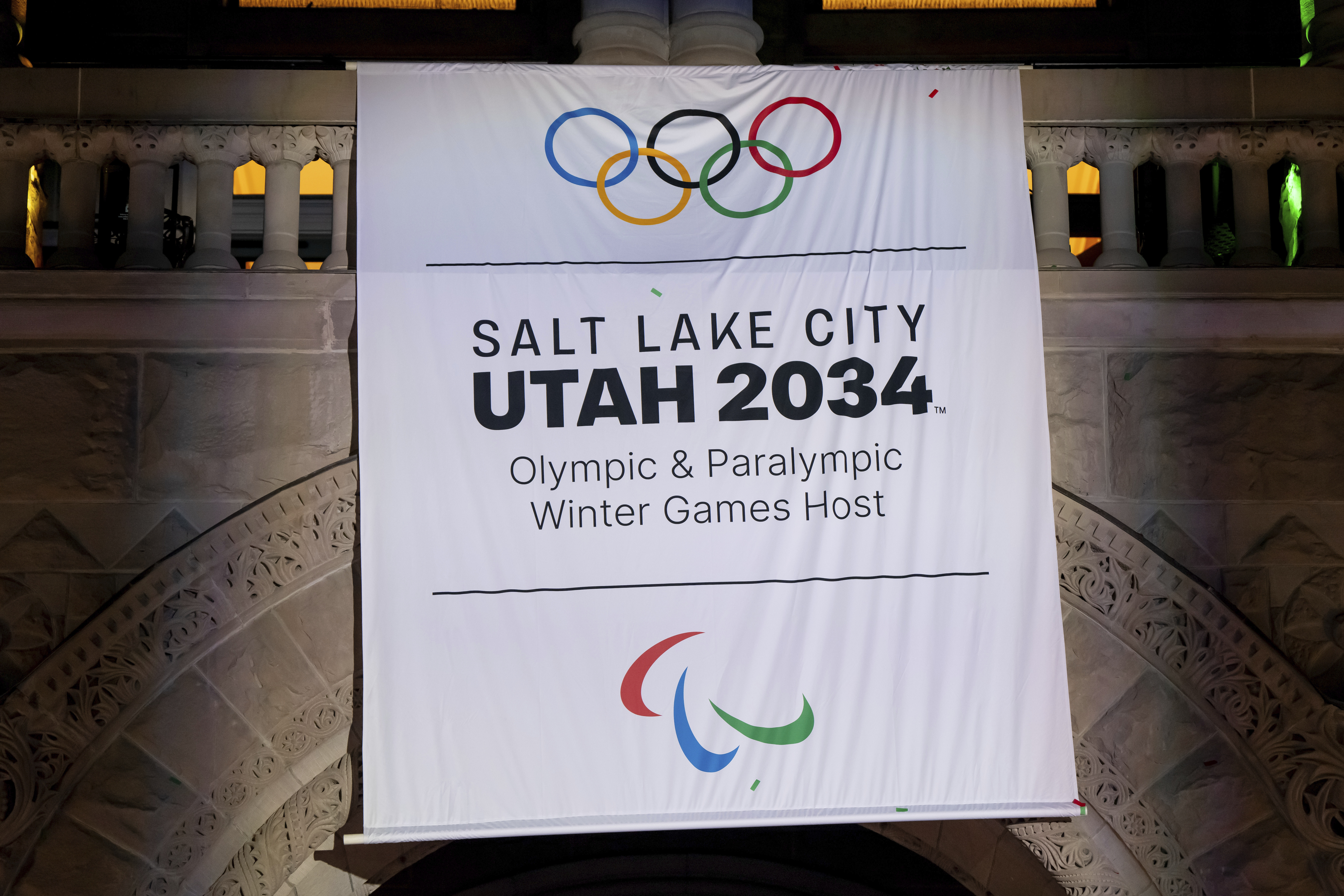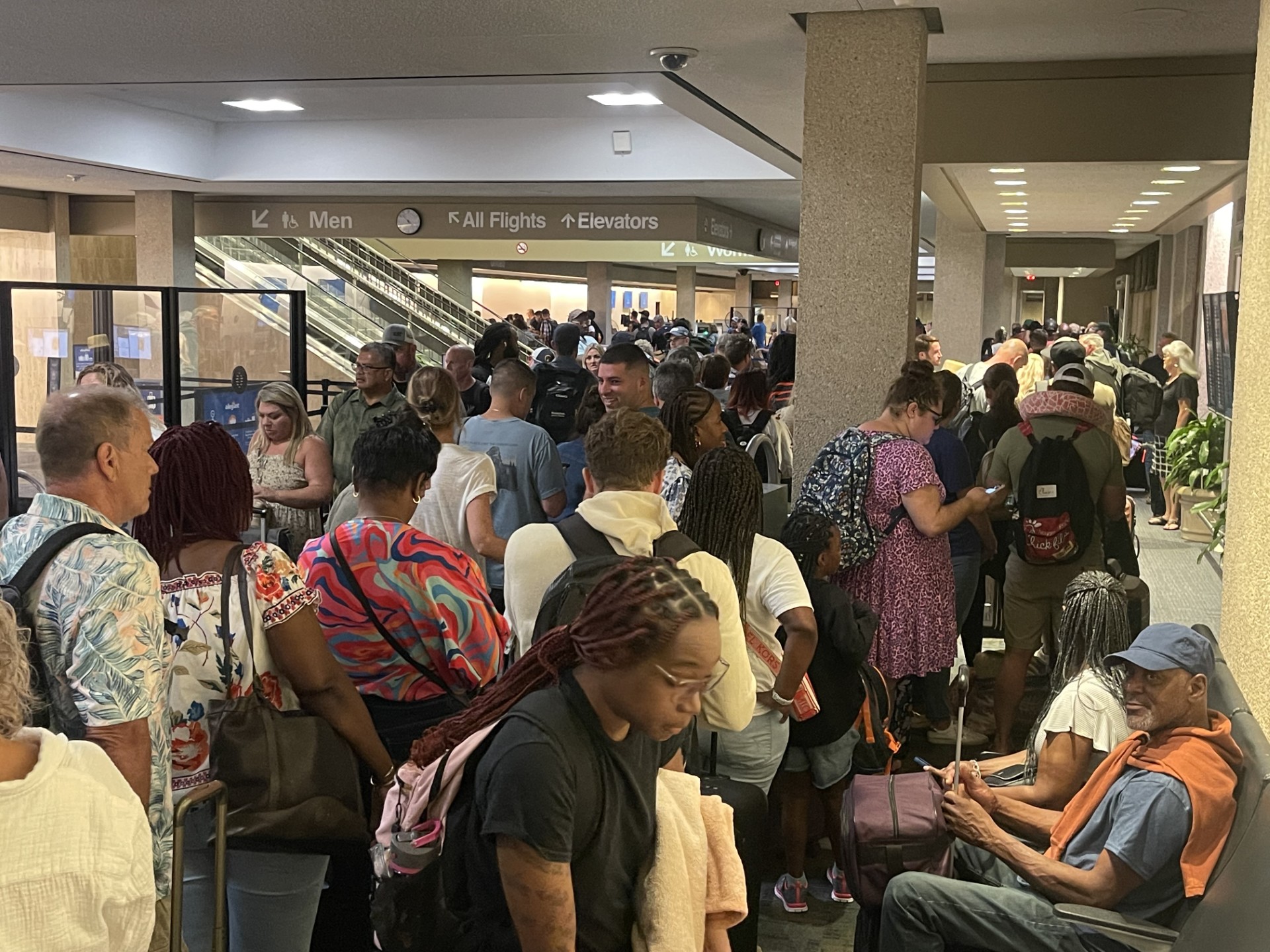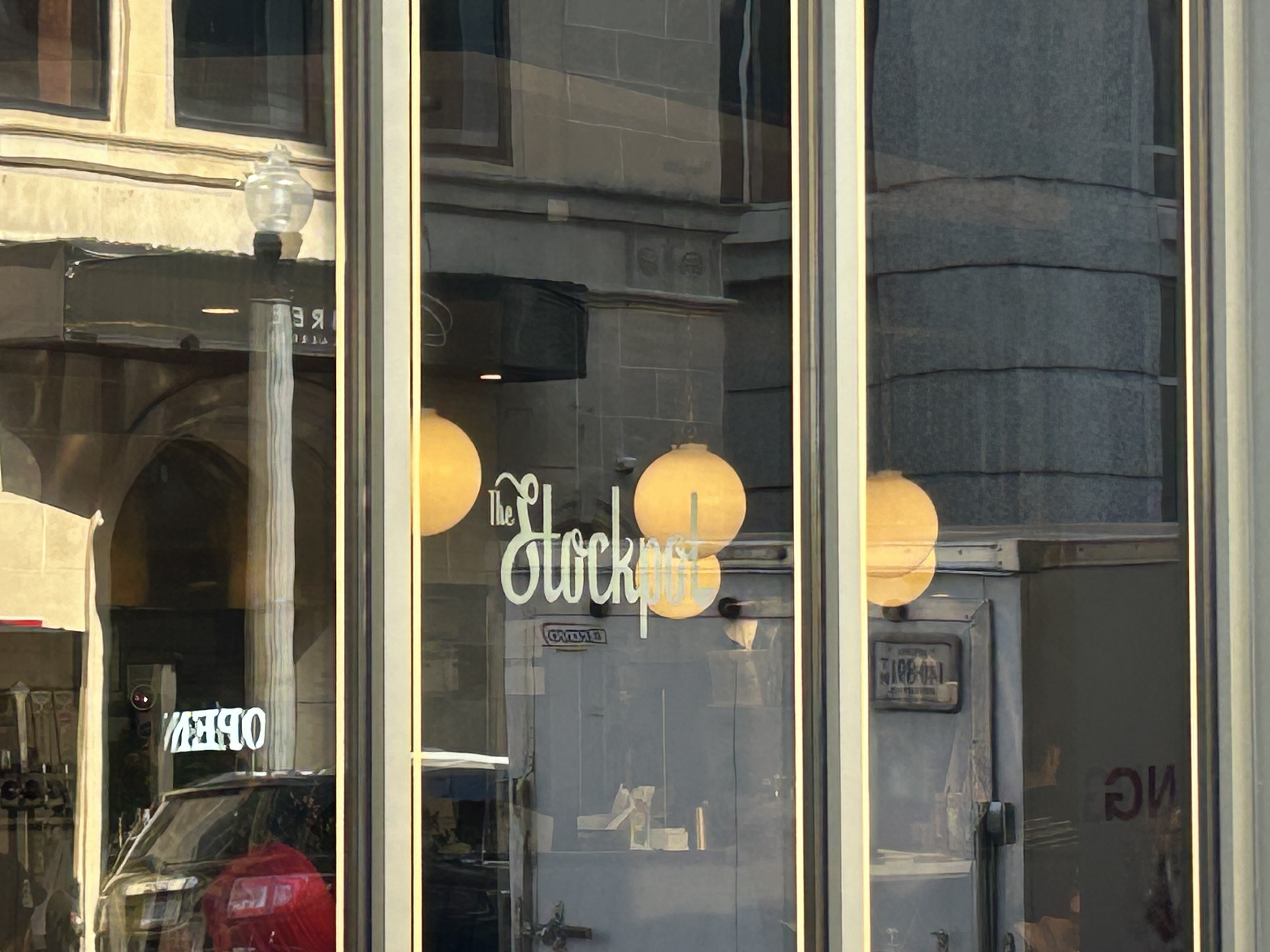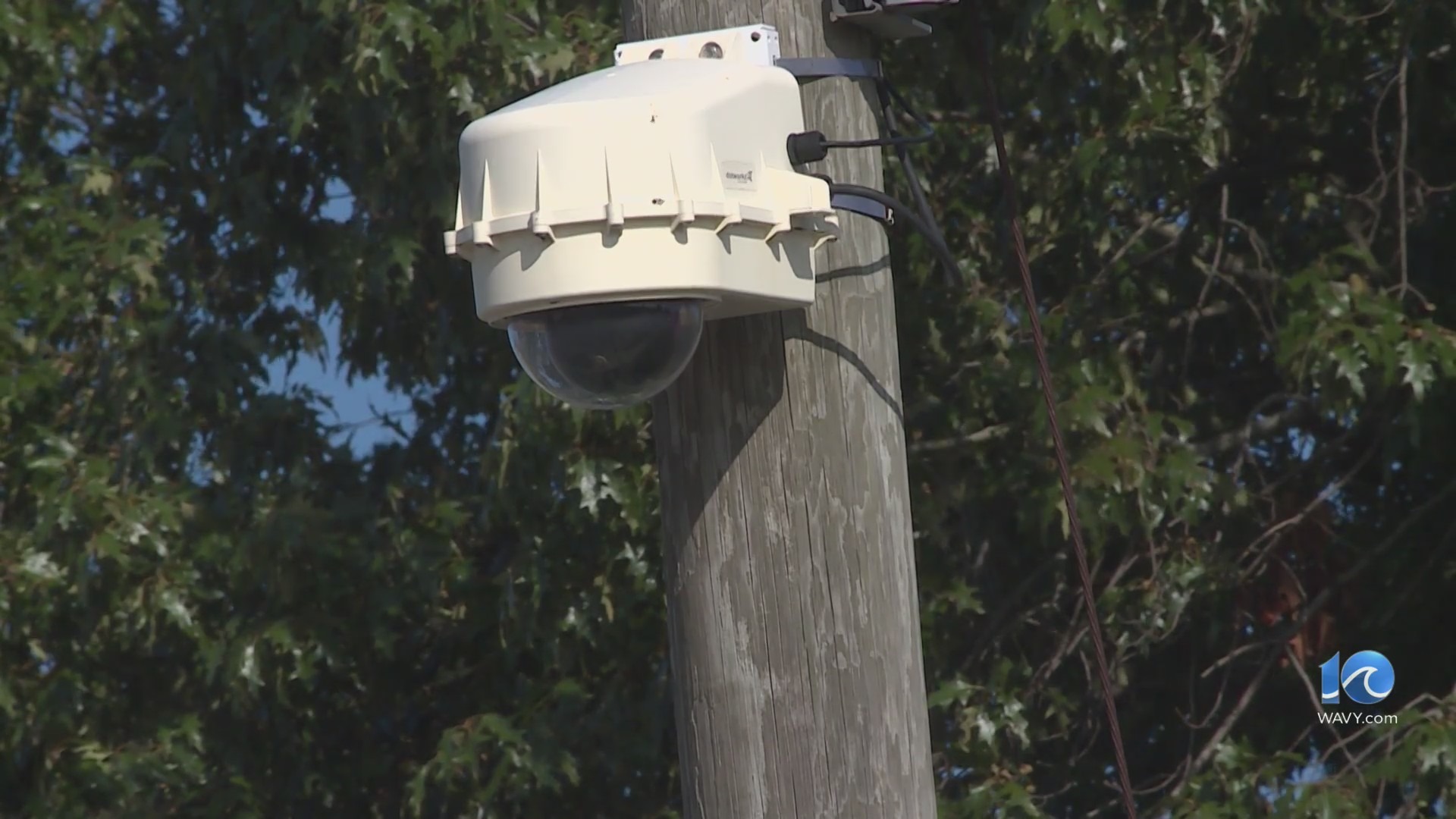NORFOLK, Va. (WAVY) — Protests against policing and racism continue to spread across the United States and the world in response to the death of George Floyd.
The protests are historic with some believing it is a turning point in the way many Americans view “race.”
“It’s emotional because I’ve never seen it happen in all 50 states and internationally. For me, it’s a big deal,” said Narketta Sparkman-Key, who is the Academic Affairs Director for Faculty Diversity and Retention and an associate professor at Old Dominion University.
“Our people are tired and we have decided to come together in solidarity and there are so many other races and cultures coming together to march about this racial injustice.”
Sparkman-Key, who has worked at the university for eight years, says these protests are similar to those of the Civil Rights movement in the 1960s with younger, more diverse crowds joining into protest.
But, the use of technology has made a huge difference. One that she believes also shocked many who watched the video of Minneapolis police officers kneel onto Floyd’s neck until he could not breathe.
“It was traumatic. It was violent. Even those who would normally turn their heads at something like this couldn’t turn away, not just from the video, but themselves,” she said.
Sparkman-Key believes the video, which went viral on social media, is causing many to question their own relationship with race.
“To be honest, racism has been dormant for a long time. I say dormant, not to say it didn’t exist, but because people could hide it and put it under the rug,” she said.
“They would do things that wouldn’t get caught on tv and on camera. But with social media and the ability to videotape everything to get it out to millions of people in seconds, it’s really changed the narrative with racism,” Sparkman-Key continued.
Dr. Melvina Sumter is the director of ODU’s Institute for the Study of Race and Ethnicity as well as an associate professor in the Department of Sociology and Criminal Justice.
Sumter says negative race relations involving people of African descent stem back to centuries ago during the Ancient Roman Empire and became more prevalent with the institution of slavery in America.
“It’s because of the perceptions of Africans of who we are as a people. Based on those perceptions, it gives the privileged opportunities to do stuff and not back down like they would with their counterparts,” she explained.
Sumter says this is the case we sometimes see between interactions with the Black community and police.
And that those interactions signify a bigger systemic issue in our country.
“With law enforcement officers and those in the corrections field, it’s this ability that you have to give me respect. They operate like mainstream America with this “we-they” syndrome and we have to understand class, we have to understand power, and race altogether. You can’t do one without the other,” she said.
Both Sparkman-Key and Sumter believe changes could come from this if people educate themselves and continue to work to bring down systemic racist systems.
But, it starts with individuals and self-examining their own contributions to it.
“If they can start eradicating in their own place, they can start eradicating in the places where they interact, where they hold power, but they have to take care of themselves first and be comfortable with saying these racist views lie here and they can’t anymore,” said Sparkman-Key.













































































